List of sovereign states in 1975
| Sovereign states by year | ||
|---|---|---|
| List of sovereign states in 1974 | Events of 1975 | List of sovereign states in 1976 |
Internationally recognized sovereign states
A
.svg.png)
Capital: Kabul.svg.png)
Capital: Tirana
Capital: Algiers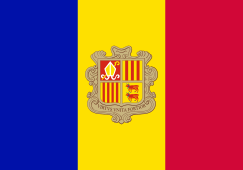
Capital: Andorra la Vella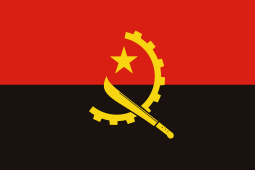
Capital: Luanda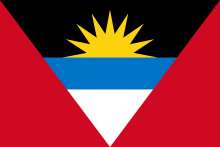
Capital: St. John's
Capital: Buenos Aires
Capital: Canberra
Capital: Vienna
B
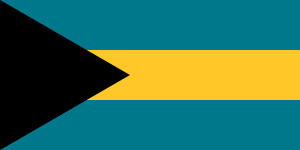
Capital: Nassau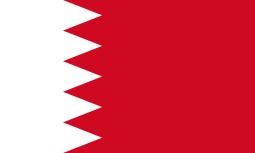
Capital: Manama
Capital: Dhaka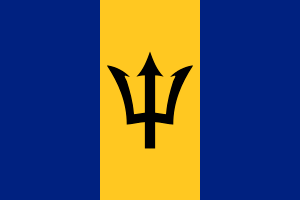
Capital: Bridgetown.svg.png)
Capital: Brussels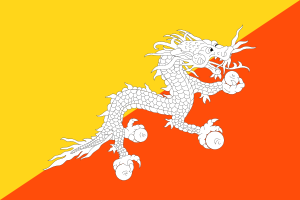
Capital: Thimphu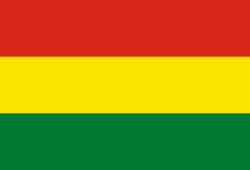
Capital: Sucre (official), La Paz (administrative)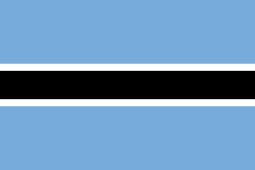
Capital: Gaborone.svg.png)
Capital: Brasília.svg.png)
Capital: Sofia.svg.png)
Capital: Rangoon.svg.png)
Capital: Bujumbura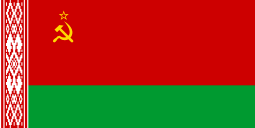
Capital: Minsk
C
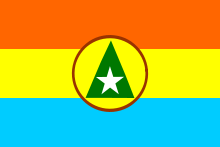
Capital: Cabinda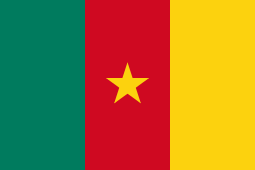
Capital: Yaoundé
Capital: Ottawa.svg.png)
Capital: Praia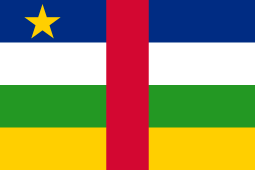
Capital: N'Djamena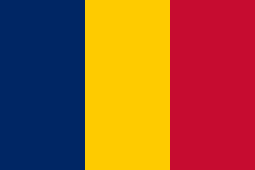
Capital: N'Djamena
Capital: Santiago
Capital: Beijing
Capital: Taipei (seat of government), Nanjing (claimed)
Capital: Bogotá.svg.png)
.svg.png)
Capital: Moroni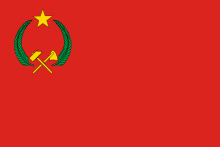
Capital: Brazzaville
Capital: Avarua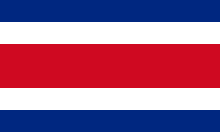
Capital: San José
Capital: Havana.svg.png)
Capital: Nicosia
Capital: Prague
D
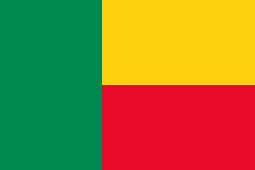
.svg.png)
Capital: Porto-Novo (official), Cotonou (seat of government)
Capital: Copenhagen
Capital: Roseau
Capital: Santo Domingo
E
.svg.png)
Capital: Dili
Capital: Quito.svg.png)
Capital: Cairo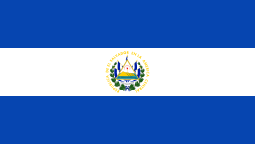
Capital: San Salvador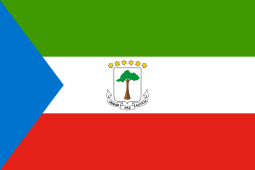
Capital: Malabo.svg.png)
Capital: Addis Ababa
F
G
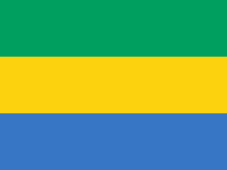
Capital: Libreville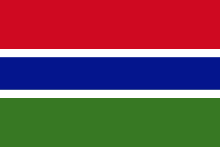
Capital: Banjul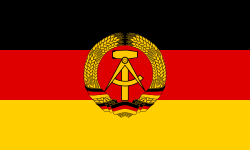
Capital: East Berlin (disputed)
Capital: Bonn
Capital: Accra
Capital: Athens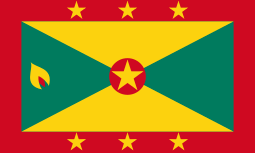
Capital: St. George's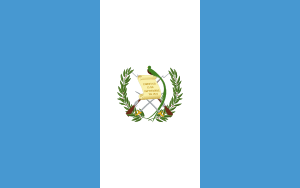
Capital: Guatemala City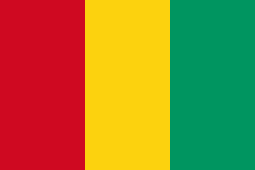
Capital: Conakry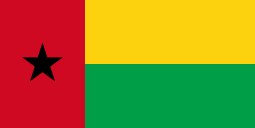
Capital: Bissau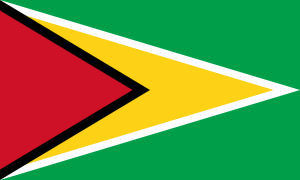
Capital: Georgetown
H
.svg.png)
Capital: Port-au-Prince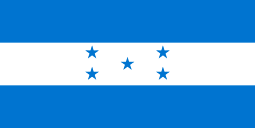
Capital: Tegucigalpa
Capital: Budapest
I

Capital: Reykjavík
Capital: New Delhi
Capital: Jakarta.svg.png)
Capital: Tehran%3B_Flag_of_Syria_(1963%E2%80%931972).svg.png)
Capital: Baghdad
Capital: Dublin
Capital: Jerusalem.svg.png)
Capital: Rome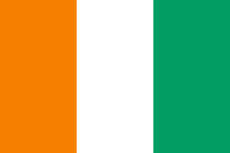
Capital: Abidjan
J
K

Capital: Nairobi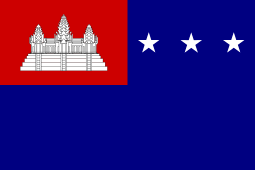
Capital: Phnom Penh- Khmer Republic (from 9 October 1970 to 17 April 1975)
- Kampuchea (Kingdom of Cambodia) (from 17 April 1975)

Capital: Pyongyang (de jure)
Capital: Seoul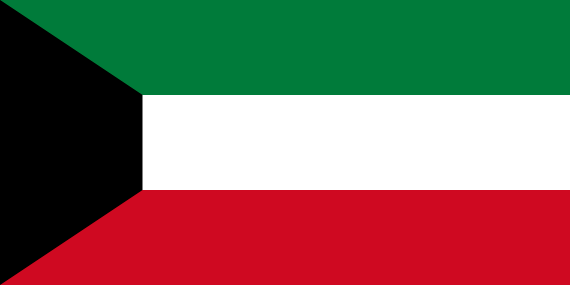
Capital: Kuwait City
L
.svg.png)
Capital: Vientiane- Kingdom of Laos (to 2 December 1975)[10]
- Lao People's Democratic Republic (from 2 December 1975)[10]

Capital: Beirut.svg.png)
Capital: Maseru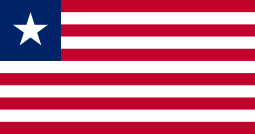
Capital: Monrovia.svg.png)
Capital: Tripoli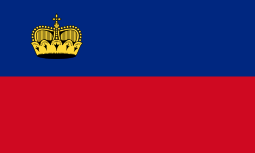
Capital: Vaduz
Capital: Luxembourg
M
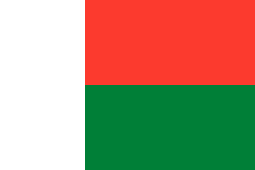
Capital: Antananarivo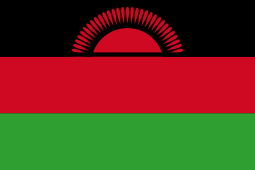
Capital: Lilongwe
Capital: Kuala Lumpur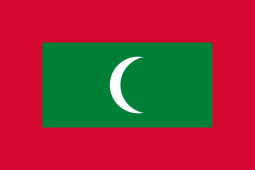
Capital: Malé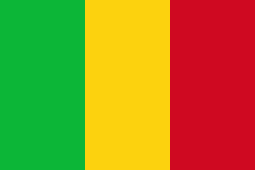
Capital: Bamako
Capital: Valletta.svg.png)
Capital: Nouakchott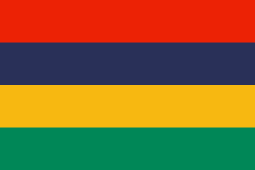
Capital: Port Louis
Capital: Mexico City
Capital: Monaco.svg.png)
Capital: Ulaanbaatar
Capital: Rabat.svg.png)
Capital: Maputo
N
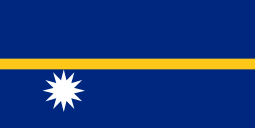
Capital: Yaren (unofficial)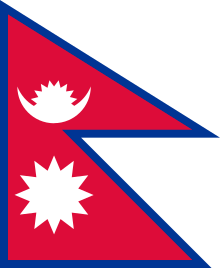
Capital: Kathmandu
Capital: Amsterdam (official), The Hague (seat of government)
Capital: Wellington
Capital: Managua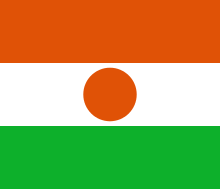
Capital: Niamey
Capital: Lagos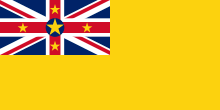
Capital: Alofi
Capital: Kieta
Capital: Oslo
O
.svg.png)
Capital: Muscat, Oman
P

Capital: Islamabad
Capital: Panama City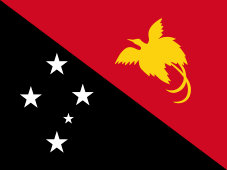
Capital: Port Moresby.svg.png)
Capital: Asunción
Capital: Lima.svg.png)
Capital: Quezon City (official) , Baguio (summer)
Capital: Warsaw
Capital: Lisbon
Q
R
S
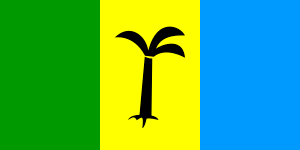
Capital: Basseterre.svg.png)
Capital: Castries.svg.png)
Capital: Kingstown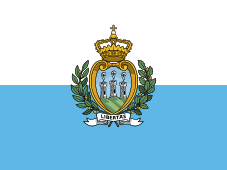
Capital: San Marino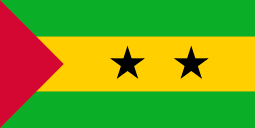
Capital: São Tomé.svg.png)
Capital: Riyadh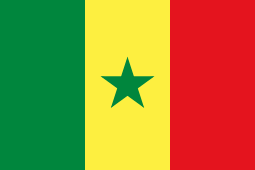
Capital: Dakar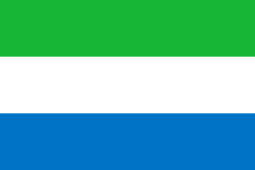
Capital: Freetown
Capital: Singapore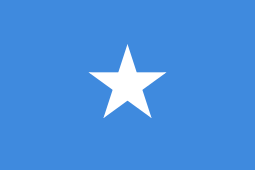
Capital: Mogadishu.svg.png)
Capital: Pretoria (administrative), Cape Town (legislative), Bloemfontein (judicial).svg.png)
Capital: Moscow.svg.png)
Capital: Madrid
Capital: Colombo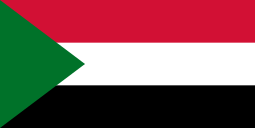
Capital: Khartoum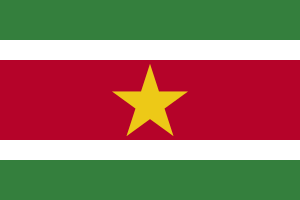
Capital: Paramaribo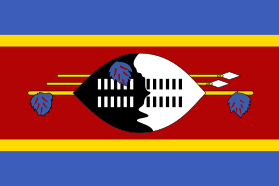
Capital: Mbabane (administrative), Lobamba (royal and legislative)
Capital: Stockholm
Capital: Bern%3B_Flag_of_Syria_(1963%E2%80%931972).svg.png)
Capital: Damascus
T
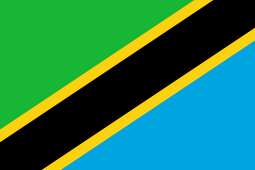
Capital: Dar es Salaam
Capital: Bangkok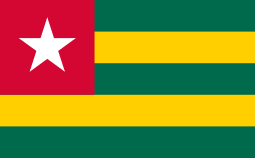
Capital: Lomé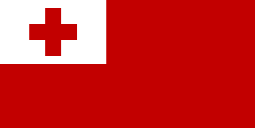
Capital: Nukuʻalofa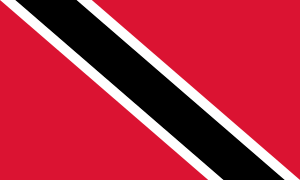
Capital: Port of Spain.svg.png)
Capital: Tunis
Capital: Ankara
U

Capital: Kampala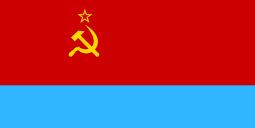
Capital: Kiev
Capital: Abu Dhabi
Capital: London
Capital: Washington, D.C.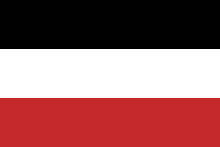
Capital: Ouagadougou
Capital: Montevideo
V
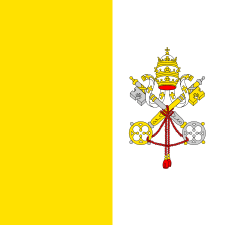
Capital: Vatican City.svg.png)
Capital: Caracas
Capital: Hanoi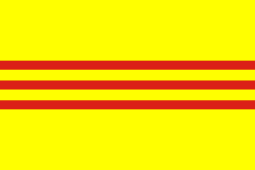
Capital: Saigon- Republic of Vietnam (to 30 April 1975)[18]
- Provisional Revolutionary Government of the Republic of South Vietnam (from 30 April 1975)[18]
W
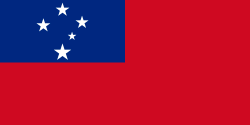
Capital: Apia
Y
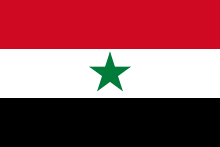
Capital: Sana'a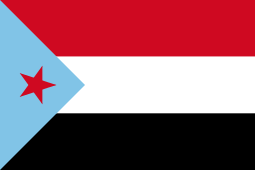
Capital: Aden.svg.png)
Capital: Belgrade
Z
Non-sovereign territories
Antigua
Australia

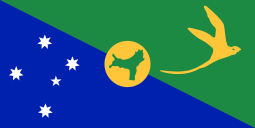
_Islands.svg.png)


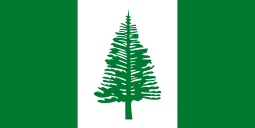
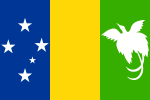
Denmark
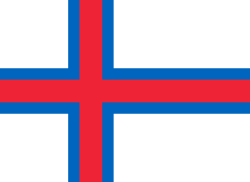
Finland
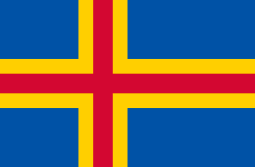
France
- French Afars and Issas (Overseas territory)
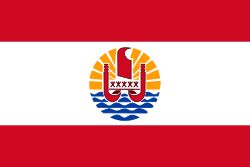
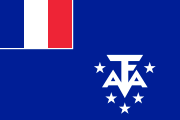
- New Caledonia (Overseas territory)
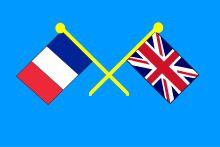
- Saint Pierre and Miquelon (Overseas territory)
- Scattered Islands in the Indian Ocean (Overseas territory), consisting of five uninhabited possessions:
- Bassas da India (Disputed by Madagascar)
- Europa Island (Disputed by Madagascar)
- Glorioso Islands (Disputed by Madagascar, Comoros and the Seychelles)
- Juan de Nova Island (Disputed by Madagascar)
- Tromelin Island (Disputed by Mauritius and the Seychelles)

Greece
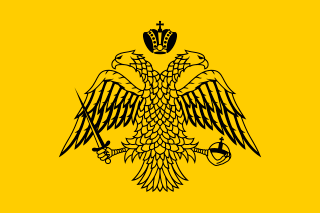
Netherlands
.svg.png)

New Zealand
- Niue
- Ross Dependency (Suspended under the Antarctic Treaty)
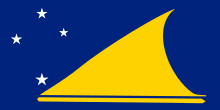
Norway
- Bouvet Island
- Peter I Island (Suspended under the Antarctic Treaty)
- Queen Maud Land (Suspended under the Antarctic Treaty)
Portugal
- Angola (Overseas province to 10 November)
- Republic of Cape Verde (Autonomous Republic to 4 July 1975)
.svg.png)
- Portuguese Timor (Overseas province)
- São Tomé and Príncipe (Overseas province 11 July)
- Macau (Overseas province)
United Kingdom
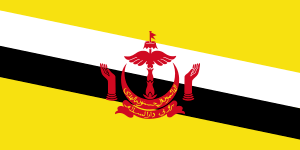
- Canton and Enderbury Islands (Protected jointly with United States to 1 January 1975)

- Akrotiri and Dhekelia – Sovereign Base Areas of Akrotiri and Dhekelia (Crown colony)
.svg.png)
.svg.png)
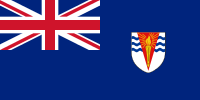
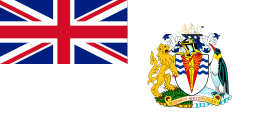
.svg.png)
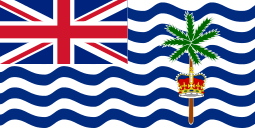
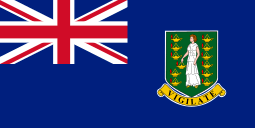
- British Western Pacific Territories (Crown colony), consisting of two territories
.svg.png)
.svg.png)
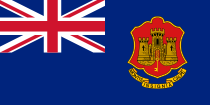
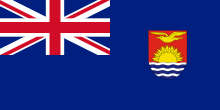
.svg.png)
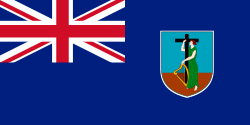
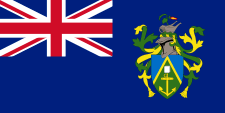
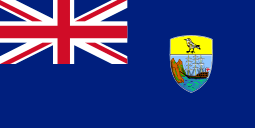

.svg.png)
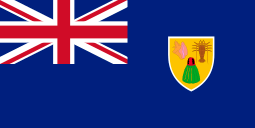
.svg.png)
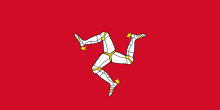
.svg.png)
United States
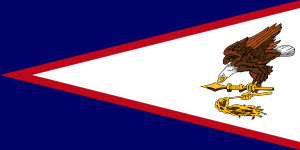
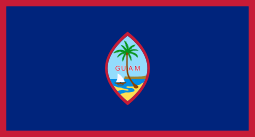

.svg.png)
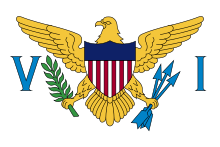
- Bajo Nuevo Bank (Uninhabited unincorporated territory claimed by Colombia and Nicaragua)
- Baker Island (Uninhabited unincorporated territory)
- Birnie Island (Uninhabited unincorporated territory, claimed by United Kingdom)
- Caroline Island (Uninhabited unincorporated territory, claimed by United Kingdom)
- Christmas Island – Kiritimati (Uninhabited unincorporated territory, claimed by United Kingdom)
- Howland Island (Uninhabited unincorporated territory)
- Jarvis Island (Uninhabited unincorporated territory)
- Johnston Atoll (Uninhabited unincorporated territory)
- Kingman Reef (Uninhabited unincorporated territory)
- Midway Atoll (Uninhabited unincorporated territory)
- Navassa Island (Uninhabited unincorporated territory claimed by Haiti)
- Quita Sueño Bank (Uninhabited unincorporated territory claimed by Colombia)
- Roncador Bank (Uninhabited unincorporated territory claimed by Colombia)
- Serrana Bank (Uninhabited unincorporated territory claimed by Colombia)
- Serranilla Bank (Uninhabited unincorporated territory claimed by Colombia, Jamaica, and Nicaragua)
- Wake Island (Uninhabited unincorporated territory claimed by the Marshall Islands)
- Canton and Enderbury Islands (Condomium with the United Kingdom)
Other entities
Excluded from the list above are the following noteworthy entities which either were not fully sovereign or did not claim to be independent:
- Antarctica as a whole had no government and no permanent population. Seven states claimed portions of Antarctica and five of these had reciprocally recognised one another's claims.[19] These claims, which were regulated by the Antarctic Treaty System, were neither recognised nor disputed by any other signatory state.[20]


.svg.png)
- The Saudi–Iraqi neutral zone was a strip of neutral territory between Iraq and Saudi Arabia.
.svg.png)
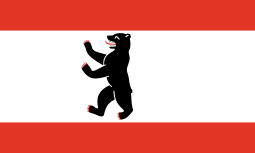
References
- ↑ Angola gained independence from Portugal on 11 Nov 1975
- ↑ The name "Argentine Nation" was also used for the purposes of legislation.
- ↑ Cabinda declared independence from the Portuguese overseas province Angola on 1 August 1975. It was annexed by the independent state of Angola on 11 November 1975. "Archived copy". Archived from the original on 2010-06-01. Retrieved 2010-06-01.
- ↑ Cape Verde attained independence from Portugal on 5 Jul 1975
- ↑ Cyprus was not recognized by Turkey.
- 1 2 Dahomey was renamed Benin on 30 Nov 1975 Archived 2012-10-12 at the Wayback Machine.
- ↑ East Timor declared independence from Portugal on 28 November 1975. It was annexed by Indonesia on 7 December 1975.
- ↑ Ireland also had the legal description of "Republic of Ireland", although this was not its constitutional name.
- ↑ Israel was not recognized by Afghanistan, Algeria, Bahrain, Bangladesh, Chad, Cuba, Indonesia, Iran, Iraq, Jordan, Kuwait, Lebanon, Libya, Malaysia, North Korea, Pakistan, Saudi Arabia, Sudan, Syria, the United Arab Emirates, or Yemen.
- 1 2 Savang Vatthana abdicated his throne on 2 December 1975.
- 1 2 Madagascar adopted a new constitution on 30 Dec 1975
- ↑ Mozambique declared independence from Portugal on 25 Jun 1975
- ↑ The Republic of the North Solomons declared independence from the Australian-administered Trust Territory of Papua and New Guinea on 1 September 1975. The North Solomons gave up their claim of independence on 7 August 1976.
- ↑ Papua New Guinea gained independence from an Australian-administered UN Trusteeship on 16 September 1975.
- ↑ Rwanda's official French name was "République rwandaise". "Archived copy" (PDF). Archived from the original (PDF) on 2007-06-22. Retrieved 2006-08-27. . It could be translated into English as "Rwandese Republic" s:CIA World Fact Book, 2004/Rwanda, "Rwandan Republic" , or "Republic of Rwanda" .
- ↑ São Tomé and Príncipe gained independence from Portugal on 12 Jul 1975
- ↑ Suriname gained independence from the Netherlands on 25 Nov 1975
- 1 2 Saigon fell to the North Vietnamese on 30 April 1975, leading to the establishment of the Republic of South Vietnam.
- ↑ Rogan-Finnemore, Michelle (2005), "What Bioprospecting Means for Antarctica and the Southern Ocean", in Von Tigerstrom, Barbara, International Law Issues in the South Pacific, Ashgate Publishing, p. 204, ISBN 0-7546-4419-7 "Australia, New Zealand, France, Norway and the United Kingdom reciprocally recognize the validity of each other's claims."
- ↑ CIA – the World Factbook – Antarctica – accessed 19 January 2008
- ↑ Bilateral relations with countries Archived 2008-06-26 at the Wayback Machine., Retrieved 2009-12-22
- ↑ Chapter General of the Sovereign Military Hospitaller Order of St. John of Jerusalem of Rhodes and of Malta (1998-01-12). Constitutional Charter and Code of the Sovereign Military Hospitaller Order of St. John of Jerusalem, of Rhodes, and of Malta, promulgated 27 June 1961, revised by the Extraordinary Chapter General 28–30 April 1997, Article 3 "Sovereignty," Paragraph 1 (PDF). Rome: Tipografia Arte della Stampa. p. 11.
This article is issued from
Wikipedia.
The text is licensed under Creative Commons - Attribution - Sharealike.
Additional terms may apply for the media files.